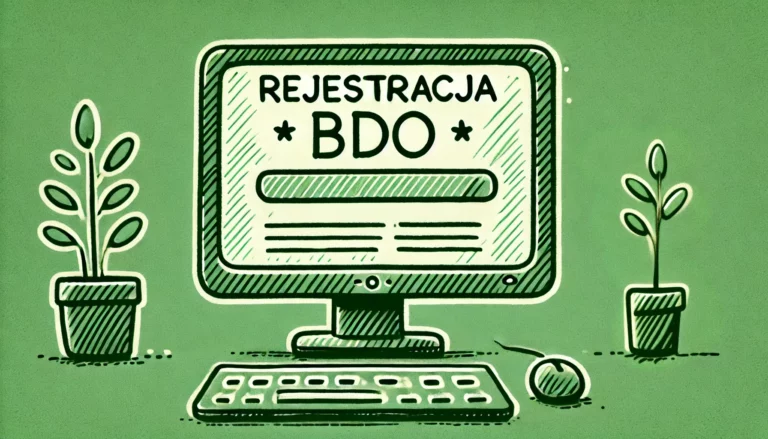Does Sweden deserve to be called an environmentally friendly country?
It is impossible not to envy the Scandinavian countries. Norway, Denmark and Sweden were so good at recycling that they didn't need landfills until 2014. Just like the prisons there, the landfills are empty. Now Denmark has its 'hygge' - a concept that is the quintessentially eco-friendly yet comfortable lifestyle. What's not to like?
However, it is usually Sweden that wins the laurels. As one of the first countries to introduce a high tax on fossil fuels in 1991, it now obtains almost half of its energy from renewable sources.
The ruling coalition there (Greens and Social Democrats) recently announced that it wants to cut VAT on the repair of bicycles, clothes and shoes from 25% to 12%. This is to be part of the plan, aiming to continue recycling efforts.
It is no surprise that the Swedes are regularly held up as a model of an environmentally friendly nation. The only problem is that, according to Johan Rockstrom of the Stockholm Resilience Centre, the truth may be quite different.
Rockstrom points out that Swedish responsibility does not quite translate into low carbon emission rates. Two years ago, a related study by the World Wide Fund for Nature (WWF) ranked Sweden in the last ten out of 152 countries considered. It was better than the UK but not Kuwait, which opened the stakes.
Rockstrom has confirmed what other economists and renewable energy specialists have so far only suggested - rich Swedes are contributing to increasing carbon emissions. Meanwhile, the country remains dependent on imports (including coal as a raw material). It is not easy to be pro-environment, nor is it easy to be Swedish. It is certainly not easy to be a pro-environmental Swede any more.
Translation of an article by Lucy Siegle for The Guardian.
Source: www.theguardian.com







